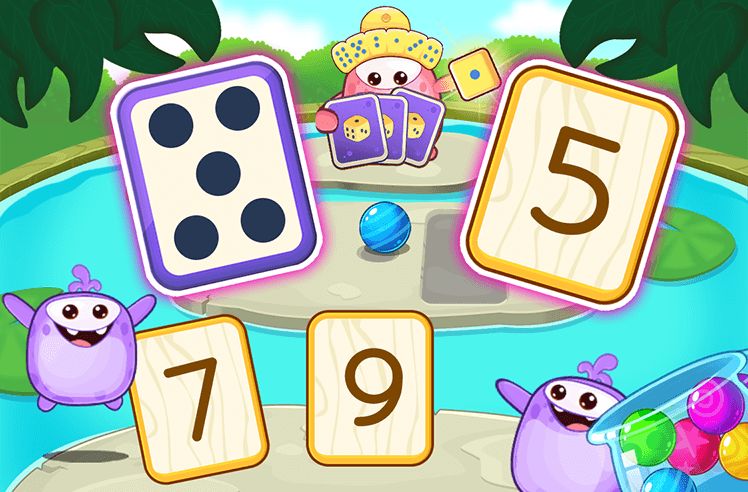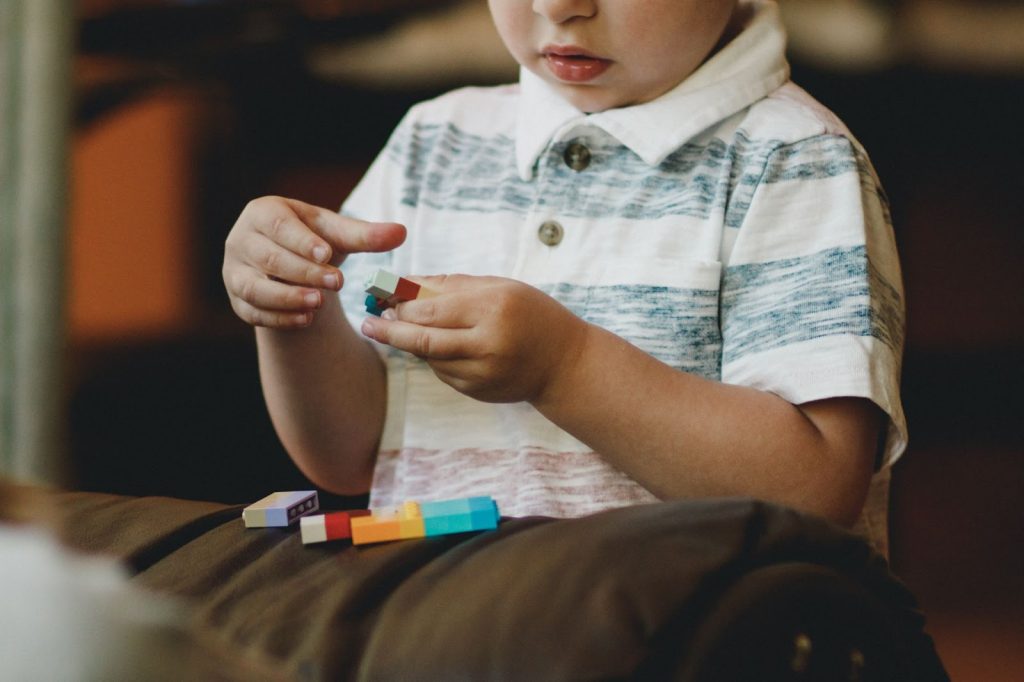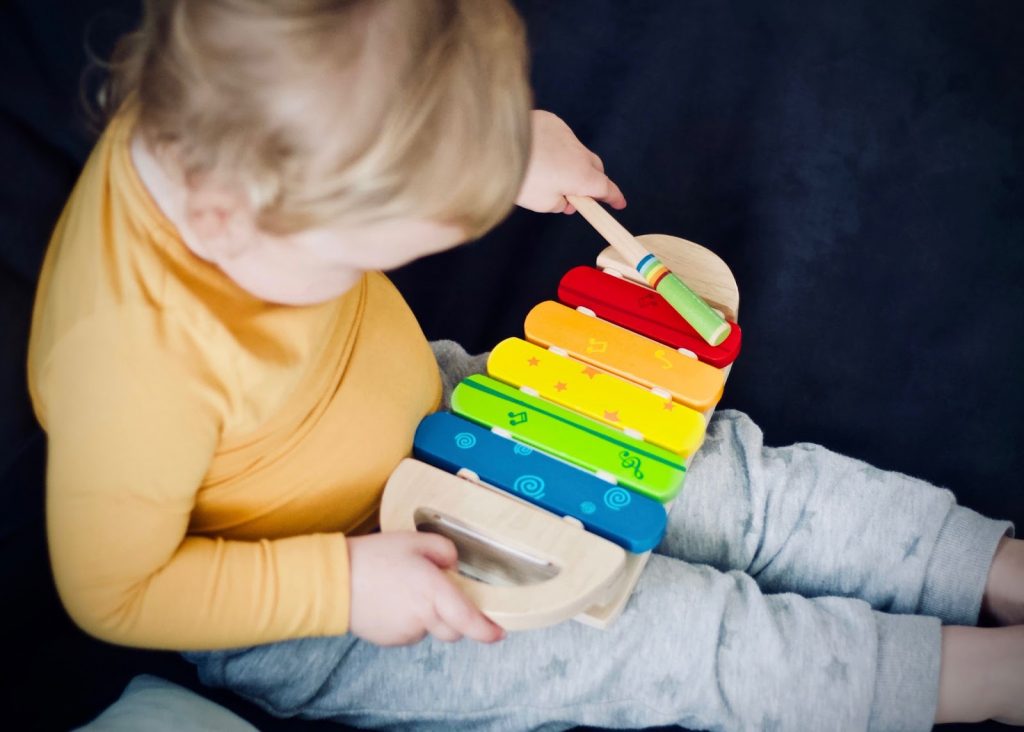Children are constantly learning and expanding their horizons. One of the most critical aspects of early childhood is developing a strong memory. Memory games for kids are the perfect tool parents can use to boost their child’s memory and also have fun with them.
A good memory is essential for academic success and everyday tasks. Here is a list of 20 of the best memory games to boost your child’s memory!
Math & ELA | PreK To Grade 5
Kids see fun.
You see real learning outcomes.
Watch your kids fall in love with math & reading through our scientifically designed curriculum.
Parents, try for free Teachers, use for free
Looking for more online Math games and ELA games to educate and engage your kids? Here are more games to check out!
20 Fun Memory Games for Kids

No wonder memory games are so popular with kids – they’re a fun way to learn! The best memory games for kids will help improve their memory while also providing some quality family time.
1. SplashLearn’s Math & Reading Games

SplashLearn offers a variety of fun online memory games for kids (and thousands of other learning games). These games help kids learn to recognize patterns and remember sequences. They’re also a great way to improve hand-eye coordination.
With SplashLearn, kids can practice their memory skills while learning math concepts. The interactive and engaging games make them the perfect memory-boosting resource.
Age Range: 3-11 years
Price: You can get started with a 7-day free trial! After that, choose a plan that works for your child (starts at $4.99 per month).
2. The Memory Card Game
This is a classic memory game that’s been around for generations. The object of the game is to find pairs of matching cards. You flip over two cards each turn and try to remember where they are. If they match, you remove them from the board. If not, you turn them back over and try to remember their location for next time.
Kids love this game because it’s simple to understand and can be played with any number of players. It’s also great to help your child develop memory and concentration skills.
Things You Need: A pack of playing cards
Age Range: 6+
Price: Free. You probably have everything you need at home!
3. What’s on the Tray?
Also known as Kim’s task, a neuropsychologist developed this memory game to help assess short-term memory in kids. It can be played with two or more players; you only need a tray, some small objects, and a timer.
To play, place the objects on the tray and let your child take a good look at them. Once they’re ready, cover the tray with a cloth and remove it from their sight. Ask them to list as many objects as they can remember. The aim is to see how many items they can recall after a short time.
This memory game is great for kids of all ages, and you can make it more challenging by increasing the number of objects or adding a time limit.
Things You Need: A tray, small objects, a timer
Age Range: 3+
Price: Free, you probably have everything you need at home!
Related Reading: Fun Free Games for Kids to Play Online
4. Picture BINGO
This is a fun twist on the classic game of Bingo. You’ll need a set of Bingo cards (these can be purchased or homemade) and some small prizes to play. Each card should have a different selection of pictures on it.
One player will choose a picture and call it out to start the game. For example, “I see a cat.” All the players will then look for that picture on their card and mark it off if they have it. The first player to get five in a row (horizontally, vertically, or diagonally) wins the game.
This game is great for kids who are just learning to play BINGO. The pictures make it easier for them to identify the numbers, and it’s also a fun way to help them improve their memory skills.
Age Range: 3+
5. Rush Hour
This traffic-jamming game is a great way for kids to improve their problem-solving skills. Players must get their cars out of the gridlock by moving other vehicles around. Although you can play the game with one player, it’s more fun with two or more.
This is one of the best memory games for kids because it requires them to think ahead and plan their moves. It’s also a great way to teach them how to problem-solve in a fun and interactive way.
Age Range: 8+
6. The Magic Cup Game
This game is a twist on the classic shell game. All you need is a small cup and three small objects that can fit underneath it. The objects can be anything, such as buttons, coins, or pieces of candy.
To start the game, one player chooses an object and hides it under one of the cups to start the game. They will then mix up the cups and challenge the other player to guess which cup has the object hidden inside. The aim is to remember where the object is after the cups have been mixed up.
Age Range: 3+
Price: Free. You probably have everything you need at home!
7. Simon
This classic game is a great way to help your child focus and remember instructions. To play, you’ll need to follow the pattern that Simon makes with the four colored lights. As the game progresses, the patterns become more complex, so your child will have to concentrate in order to win.
Different versions of Simon are available so that you can choose an appropriate one for your child’s age and abilities.
Age Range: 5+
Related Reading: Best Brain Teasers for Kids to Enhance Focus & Memory
8. Bananagrams
If you’re looking for a game that is both educational and fun, Bananagrams is a great choice. This fast-paced word game is perfect for kids 7 and up and can be played with two to eight players.
There is a banana full of scrabbled letter tiles. The first player chooses a tile and spells a word. The next player must then spell a word using one of the letters from the first player’s word, and so on. If a player cannot spell a word, they pull a letter from the banana and add it to their own words. The game’s objective is to be the first player to use all their letter tiles.
Age Range: 7+
9. Memory Train
No list of memory games for kids would be complete without a good old-fashioned game of Memory Train! This classic verbal game can be played with any number of players, making it perfect for large and small groups.
Memory Train is a verbal-matching game that is best for ages four and up. To play, one person starts by saying a sentence, then the next person repeats it and adds their own. The goal is to remember as many of the sentences as possible.
For example, the first person might say, “I have a dog.” The second person would then repeat, “I have a dog, and I like to play fetch.” The third person would repeat, “I have a dog, and I like to play fetch with my ball.” And so on.
Age Range: 4+
Price: Free. All you need are some friends
10. Marble Run
You can easily create a DIY marble run at home with some recycled materials. This memory game is great for kids of all ages and can be played individually or in teams.
To play, each player or team must roll their marbles down the runway and into the matching colored cup at the end. The first team to get all their marbles into the right cups wins the game!
Age Range: 4+
11. I Spy
One of the most popular memory games, ‘I Spy,’ is perfect for car rides or waiting rooms. To play, one player picks an object and says, “I spy with my little eye…” followed by a description. The other players then try to guess what it is. You can play this game with objects inside or outside the house while traveling in the car.
You can also make the game more challenging by adding a time limit, such as 30 seconds, or giving multiple clues.
Age Range: 4+
12. Rhyming Game
This memory game is perfect for kids who love to sing and rhyme. Choose a category, such as animals, food, or transportation, to play. Take turns saying a word in the category, and then have your child say a word that rhymes with it. For example, if you say “cat,” your child might say “hat.” The goal is to see how many words in a row you can rhyme. This game can also be played with nonsense words, which can be especially challenging and fun for kids.
Age Range: 3+
13. Drum Beats
When your child is a little older, they can start to learn how to keep a beat. This memory game will help them do just that! All you need is a drum or anything that can make noise when hit. You can either make up your own beats or use well-known songs.
Take turns creating a beat and see if the other person can remember and replicate it. As your child gets better, you can add more complex beats.
Age Range: 4+
14. Word Ladder
This game is similar to the classic game of Telephone, but with words instead of phrases. To play, choose a category such as animals, food, or transportation. The first player says a word in the category, and the next player then has to say a word that begins with the last letter of the first word. For example, if the first player says “cat,” the second player might say “tiger.” The goal is to see how long you can keep the chain going without repeating any words.
Age Range: 5+
15. Draw a Word on My Back
This memory game is perfect for kids who love to draw. To play, using their finger one player writes a word on the other player’s back. The goal is for the person guessing to guess the word without being able to see it. You can make the game more challenging by adding a time limit.
Age Range: 6+
16. Tetris Tangram Jigsaw Puzzle
This memory game is a twist on the classic Tangram Puzzle. To play, you will need a TetrisTangram Jigsaw Puzzle and a timer. The goal is to complete the puzzle as fast as possible. You can also add a second layer to the puzzle by turning it over and trying to solve it upside down!
This memory game helps with problem-solving, critical thinking, and creativity. It is also a great way to improve hand-eye coordination.
Age: 5+
Related Reading: Best Puzzles For Kids Of All Ages
17. Spot the Difference
A game that never gets old, Spot the Difference is perfect for kids of all ages. The concept is simple – two pictures side by side, with a few subtle differences between them. Can your child find them all? This game is great for memory recall, attention to detail, and concentration.
Age Range: 3+
Price: $8.99 (for the linked Spot the Difference book)
18. Number String
This memory game is played with a group of people. One person starts by saying any number between 1-9. The next person then says the next number in the sequence, and so on. If anyone in the group makes a mistake or forgets the number, they are out! The last person left in the game wins.
If your kids are starting to learn their numbers, this is a great way to help them memorize them. The game also helps with concentration and focus.
Age Range: 4+
19. Rory’s Story Cubes
Rory’s Story Cubes is a memory game for kids and adults. The goal is to develop a story using the nine illustrated cubes. Each side of the cube has a different image, such as a star, a moon, or a tree. To play, roll the cubes and then use them to tell a story. The player with the most creative story wins!
This game is great for imagination, creativity, and storytelling.
Age Range: 6+
20. Round Robin
This storytelling game is perfect for groups of seven or more people. To start, one person begins by telling a story. After a minute or so, the person to their left picks up the story where the first person left off. This continues around the circle until everyone has had a turn.
Kids love hearing stories that are silly, spooky, or just plain ridiculous. The key is to keep the story moving forward so that everyone stays engaged.
Age Range: 7+
What Are the Benefits of Memory Games?

Memory games have many benefits, both for kids and adults. Memory games can help achieve:
1. Better Attention Span
With memory games, kids learn to focus and pay attention for longer periods of time. This is because they need to concentrate in order to remember the details of the game.
2. Improved Memory
Of course, memory games help improve memory! By playing memory games, kids learn how to recall information in a better way. This can be helpful in school, when taking tests, or in everyday life.
3. Develops Problem-Solving Skills
Memory games often require kids to think creatively to solve puzzles. This helps them develop problem-solving skills that they can use in other areas of their life.
4. Increased Creativity
Some memory games, such as Rory’s Story Cubes, encourage kids to be creative and use their imagination. This is a great way to develop creative thinking skills.
Related Reading: Best Activities to Spark Creativity in Kids
What Age Can Children Start Playing Memory Games?

Memory games are appropriate for kids of all ages. However, you can adjust the difficulty level to make the game more challenging or easier, depending on the age and ability of the child. Here are some tips for choosing memory games for kids:
- For younger kids (ages 3-5), try memory games that are short and simple, with large pictures.
- For older kids (ages 6-12), try more challenging memory games with smaller pictures or more cards.
- For kids of all ages, try different variations of classic memory games, such as Memory Match or Spot the Difference.
Let’s Sharpen Those Memory Skills!
There you have it! Twenty of the memory games free for kids to help improve their memory while having fun. Games are a great way to sharpen those cognitive skills, critical thinking, and creativity. And what’s even better is that children of all ages can enjoy them. So get ready to test and develop those memory skills!
Related Reading: Math Puzzles for Kids to Improve Cognitive Abilities
Frequently Asked Questions(FAQs)
How often should memory games be played?
There is no set rule, but regularly playing memory games will help keep your mind sharp. Try to fit in a few sessions each week if possible.
How can I make memory games more challenging?
If you find that memory games are becoming too easy, there are a few ways to make them more challenging. One option is to increase the number of items you need to remember. Another is to add a time limit, forcing you to recall information more quickly.
What should I do if my kid is struggling with memory games?
If your child struggles with memory games, separate the task into smaller pieces. For example, if they are trying to remember a list of items, have them focus on one item at a time. You can also try using visual aids, such as pictures or flashcards. Finally, acknowledge your child for their efforts, even if they don’t succeed in every game.
What is the age limit for playing memory games?
People of all ages can enjoy memory games. However, children under six may need some adult help to understand the rules and complete the tasks.
























